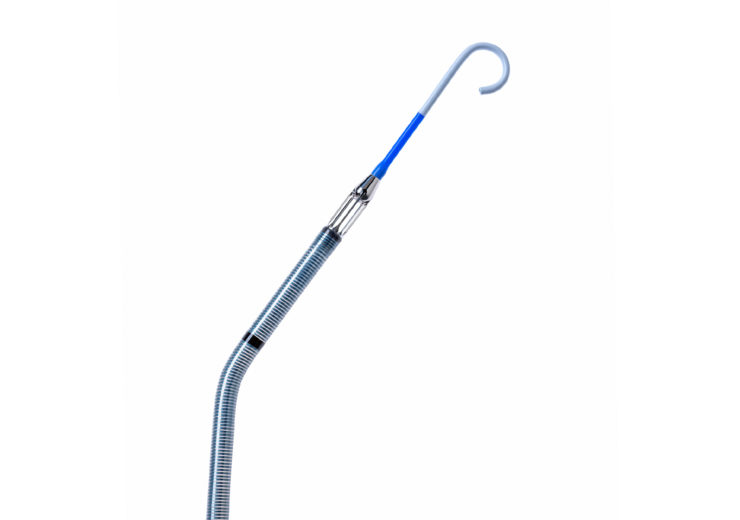PROTECT III results showed reduction in the primary endpoint of death, stroke, myocardial infarction and repeat procedures

Image: The Impella CP heart pump, manufactured by Abiomed, enables heart recovery. Photo: Courtesy of Business Wire.
US-based medical implant devices manufacturer Abiomed has disclosed the results of PROTECT III study for the FDA Premarket approval (PMA) of Impella 2.5 and Impella CP used in treating patients with high-risk of percutaneous coronary interventions (PCI).
PROTECT III is an ongoing, prospective, single-arm FDA post-approval study involving on 898 patients, following the previous PROTECT II Randomized Controlled Trial (RCT).
PROTECT III study steering committee member Jeffrey Popma said: “Based on the learnings from the PROTECT studies, decisions to provide hemodynamic support during PCI should be made in the context of providing complete revascularization and patient outcomes should include in-hospital and out-of-hospital improvements.
“Prior studies have demonstrated it is important to achieve complete revascularization because it can result in a 30-50% reduction in MACCE, compared to incomplete revascularization.”
PROTECT III Clinical study details
The company said that the study enrolled patients, aged 71 years or older, representing 26% women and 33% non-Caucasians, and were provided with longer support, more complex procedures and treated more vessels than patients in PROTECT II.
Results of the PROTECT III indicated reduction in the primary endpoint of death, stroke, myocardial infarction and repeat procedures at 90 days with Impella-supported Protected PCI, compared to PROTECT II.
In addition, PROTECT III showed the lowest rate of Major Adverse Cardiac and Cerebrovascular Events (MACCE), including death, stroke, myocardial infarction and repeat procedures, compared to the intra-aortic balloon pump (IABP) control arm from PROTECT II.
Abiomed said that its Impella 2.5 and Impella CP devices are US FDA PMA approved to treat patients undergoing elective and urgent PCI including stenting or balloon angioplasty, to re-open blocked coronary arteries
In addition, its Impella family products are approved by the US FDA to treat heart attack or cardiomyopathy patients in cardiogenic shock.
Henry Ford Hospital centre for structural heart disease medical director William O’Neill said: “The totality of clinical data in favor of Impella supported high-risk PCI allows interventional cardiologists to be confident they are using the optimal treatment and technologies to help achieve complete revascularization in a single setting, improve procedural hemodynamic stability and improve patient quality of life.”
